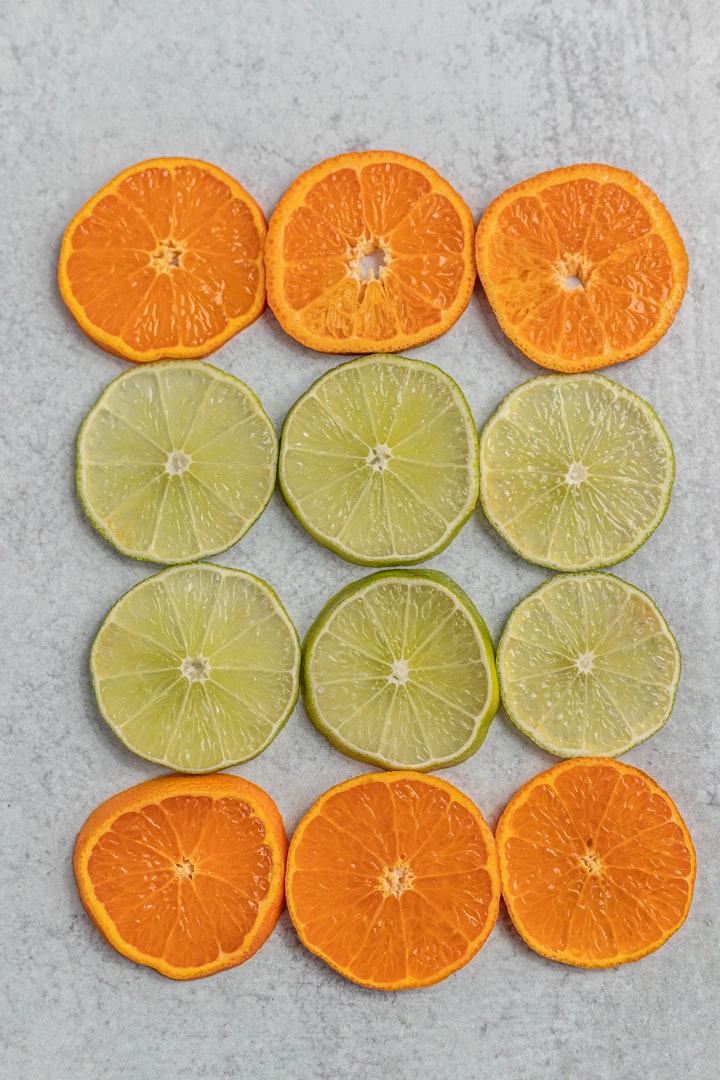Focus and Theme
Methods to make every day more productive

Note: All linked products in this post are those I have personally used and would recommend to a friend. Asana links may give you a discount on subscriptions while I receive a small commission. I am also an Amazon Associate and affiliate links allow me to earn from qualified purchases.
Focus
During my morning commute, I try to identify my focus for the day and 2–3 tasks I hope to accomplish. I’m not sure when or where I came across the idea of a daily focus, but I rely on it now to pull me back to center when my attention starts wandering.
One of my superpowers is that I can hyperfocus. Once I am immersed in an activity, I can stay in it for hours on end without getting restless. I’ve rediscovered the usefulness of hyperfocus in this time of COVID. Working at home with a dedicated office and no children is ideal for me. When the semester started in August, people no longer stopped by my office to ask a question or chat, and the library service desk is much less busy than before.
That hasn’t always been the case. My job has been a series of interruptions for much of my career. I sometimes think that a lifetime of task-switching and multitasking has increased the inattention that created my Messy Desk self.
The great thing about having a daily focus is that it supplies my obsessive brain with an anchor when there is chaos all around me. It works just as well on calm seas, immersing me in my most important work.
So, when I get to the office, I jot down my focus on my favorite planning mousepad. I also note on the pad my 2-3 tasks and any appointments on my calendar. These paper mouse pads were a major discovery for me. Since I'm always using my mouse, the notes never get buried on my desk giving me a constant reminder of the most important items for the day.
At work, I choose my focus based on what projects are my current top priorities. So, my focus on Saturday was “Business collection benchmarking.” I have been working on this particular project for weeks. The tasks I chose for the day were actually not related to the benchmarking project. They were smaller tasks that just need to be completed by the end of the day. If I’m even thinking about planning on days off, a focus can be as simple as “hang with Davis” or “don’t do a damn thing,” but I often choose a room of the house to tidy.
When interruptions pull me away from a task, I remind myself of the day’s focus to get myself back on track. For example, I have check my email any time I task switch. As we all know, reading email can be a time-sucking vortex. To keep myself from going down that black hole, I merely skim new incoming mail and process important items. Then I remind myself of my focus (sometimes by literally saying something like, “Back to Benchmarking”) and return to my project.
Theme Days

In the traditional version of Here we go Round the Mulberry Bush, each day of the week had a theme for housekeeping. Rhymes like this were common up through the mid-twentieth century, and set out a ritual for each day's housework:
- Monday- wash clothes
- Tuesday-iron clothes
- Wednesday-scrub floors
- Thursday-mend clothes
- Friday-sweep floors
- Saturday-bake bread
- Sunday-get dressed up (or go to church)
In a modernized version of this plan, I use named workdays to give me direction when I don't have a specific project or looming deadline that needs my focus. Having these names in my head keeps me from getting lost in email or floundering to choose from an endless to-do list. They are:
- Organizing Monday
- Administrative Tuesday
- Web Wednesday
- Meeting Thursday
- Planning Friday
So Mondays I focus on setting up my week. I catch up on the weekend’s email and making sure I haven’t missed filing anything. I check in with my staff in real-time and in Asana (our task and project management software). I also schedule and prepare for the week's meetings.
Tuesdays focus on long-term administrative tasks like compiling statistics (yawn) and collection analysis. I like Tuesdays for brain-intensive but un-favorite tasks. I’m more awake than on Mondays, but haven’t started the downslope toward the weekend.
Web Wednesday is for web content and electronic resources. This is one of the areas that require deep focus for me, and Wednesday tends to be a quiet day on campus.
Meeting Thursday is a constant, no matter what’s on my plate. I have to attend a two-and-a-half-hour leadership meeting every Thursday afternoon, so I schedule at least one other meeting in the morning to block the day.
Planning Friday is when I do my weekly review. I look over what I’ve done during the week, and finish up as many open tasks as possible.
Horizontal & Vertical Themes
Mike Vardy introduces an interesting concept of horizontal and vertical themes (note that he uses the word "focus" differently than I do above; don't let it confuse you). In this post, Vardy describes how his themed days started out with this pattern:
- Sunday: Planning
- Monday: Optimization
- Tuesday: Administrative
- Wednesday: Audio/Video
- Thursday: Training
- Friday: Deep Work
- Saturday: Family
However, this didn't work well for him, so he created a calendar with a combination of horizontal and vertical themes. That spreads out certain tasks across the week so that administrative tasks, for example, shifted to a daily time slot in the morning hours.
How to theme your week
1. Identify which major areas of your life you need to focus on each week. What do you need to do that requires deep attention or hours of work in a block?
2. Assign your themes to days of the week based on your other commitments and natural energy levels.
3. If you have tasks that are better spread out across the whole week, add a horizontal theme to your calendar.
3. Reflect and revise. After you start working within the parameters of your theme days, you may discover that you haven't included the themes you really need or that the system doesn't work for you at all.
About the Creator
Marie Jones
I'm a writer, librarian, coach, and consultant.






Comments (2)
hi
this is a good method https://backroomsgame.io